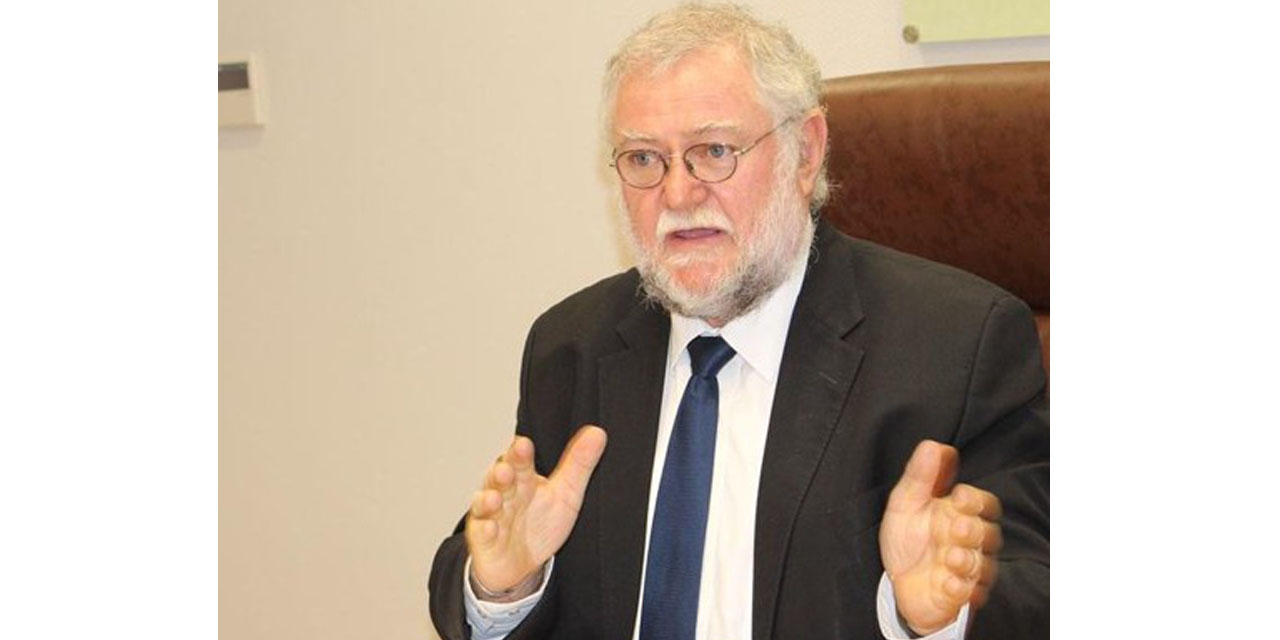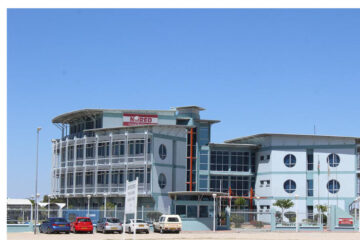Martin Endjala
The Ministry of Agriculture, Water, and Land Reform (MAWLR) has refuted allegations suggesting it blocked a fertiliser shipment heading to Zambia at the Walvis Bay port out of malice.
This comes after Buks Jansen van Rensburg, chief executive officer of Buks Haulage Limited (BHL) Group, took to his social media page this week and accused the ministry of blocking fertiliser in transit to Zambia.
He questioned the ministry’s rationale for continuing to adhere to a 1947 law, which he referred to as regulations created by the old South African apartheid regime.
“Namibia is a net importer of food. This move could seriously impact Namibia’s food security given its climate situation,” he said.
When approached for comment, the minister of agriculture, water and land reform, Calle Schlettwein, said he is aware of the matter.
“Thank you for alerting us about the comments. We are aware of the matter. It is unfortunate that traders and importers, who violate permit conditions for in-transit shipments and smuggle illicit consignments of fertiliser permitted to be shipped to Zambia into the Namibian jurisdiction, complain when they are called to order,” said Schlettwein.
The minister said there is no tolerance for illicit imports and urged importers to comply with regulations and Namibian law.
He added that the ministry is not only stopping irregular imports but is now also investigating criminals.
“The ministry received complaints about an in-transit consignment of various fertilisers destined for Zambia,” Schlettwein said.
The complainants allege that the ministry has unreasonably withdrawn the in-transit import permit.
“The allegation that the Namibian government is unreasonably delaying a shipment of fertiliser to Zambia is totally unfounded,” he explained.
Schlettwein clarified that the reason for withdrawing permission for the shipment was because of the importer’s non-compliance with the relevant regulations and laws.
According to the minister, transit and import permits were granted for various fertilisers, including Urea Granular, Mono Ammonium Phosphate, Diammonium Phosphate (DAP), and Ammonium Sulphate, subject to certain conditions as well as Calcium Ammonium Nitrate, Potassium Nitrate, Potassium Chloride, Nitrogen Phosphorus Potassium (NPK), and Magnesium Sulphate and Sulphate of Potash (SOP).
He said that upon inspection of the consignment that had arrived in the port of Walvis Bay, it was discovered that several permit conditions were violated.
“After being notified of the noncompliance with the in-transit permit, the importer did not attempt to correct the matter,” he said.
Consequently, the ministry investigated further and found that the transporter to whom the permit was issued was not the importer’s agent. Another entity had imported the fertilizers.
Schlettwein said that the continued noncompliance and illegal imports necessitated the immediate withdrawal of all permits, leading to the subsequent prohibition of any further imports.
He indicated that the Environmental Commissioner received notification at the same time that the original importer had received an Environmental Clearance Certificate.
Following an investigation, the Environmental Commissioner had to withdraw the clearance certificate due to the environmentally harmful consequences of the consignment’s noncompliance with import regulations.




